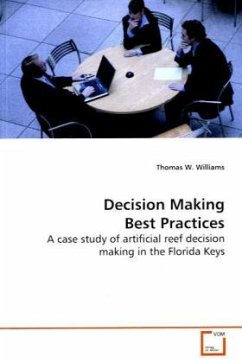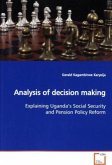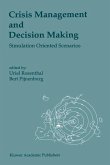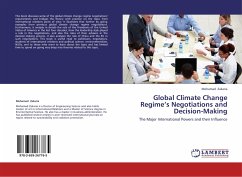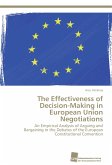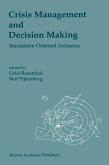Most local decision-makers do not have the
experience to apply to many proposals and rely on
existing anecdotal data and "expert" testimony. A
lack of evaluation criteria adds to the difficulties
of determining if a project proposal is appropriate
for thier community. This book discusses criteria
and best practices for evaluation of projects,
providing a decision-making matrix. Although the
focus of this book is on artificial reefs, this
matrix could be modified to apply to any project
where similar dynamics apply. The matrix uses a
disaggregate method modeled after the Goeller
scorecard. The matrix applies identified best
practices and provides a scoring method that can
assist the decision-making process. The book
acknowledges the limitations of proposals and
realizes that many decisions in a political realm
have variables not covered in this study. However,
the lack of decision-making continuity demonstrates
the need for this research as s first step.
experience to apply to many proposals and rely on
existing anecdotal data and "expert" testimony. A
lack of evaluation criteria adds to the difficulties
of determining if a project proposal is appropriate
for thier community. This book discusses criteria
and best practices for evaluation of projects,
providing a decision-making matrix. Although the
focus of this book is on artificial reefs, this
matrix could be modified to apply to any project
where similar dynamics apply. The matrix uses a
disaggregate method modeled after the Goeller
scorecard. The matrix applies identified best
practices and provides a scoring method that can
assist the decision-making process. The book
acknowledges the limitations of proposals and
realizes that many decisions in a political realm
have variables not covered in this study. However,
the lack of decision-making continuity demonstrates
the need for this research as s first step.

